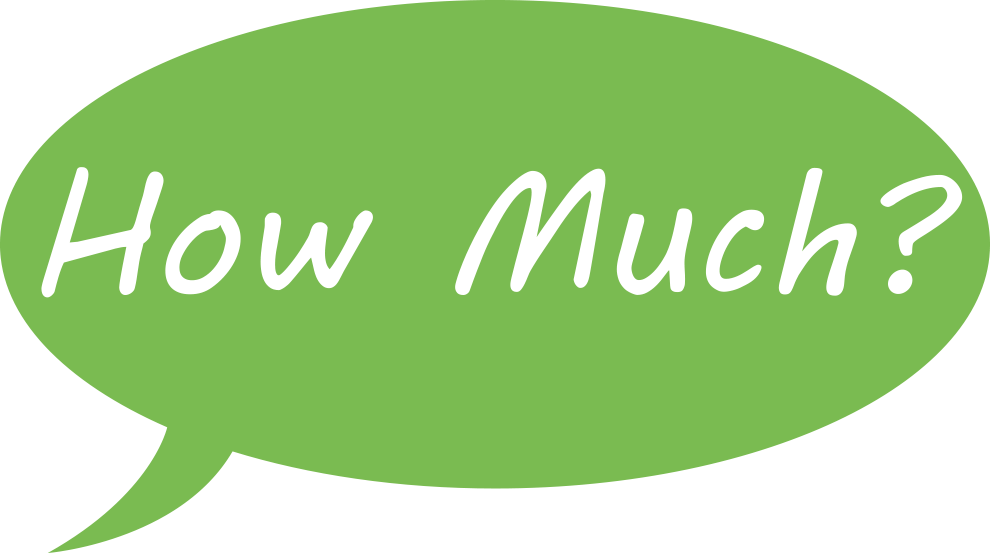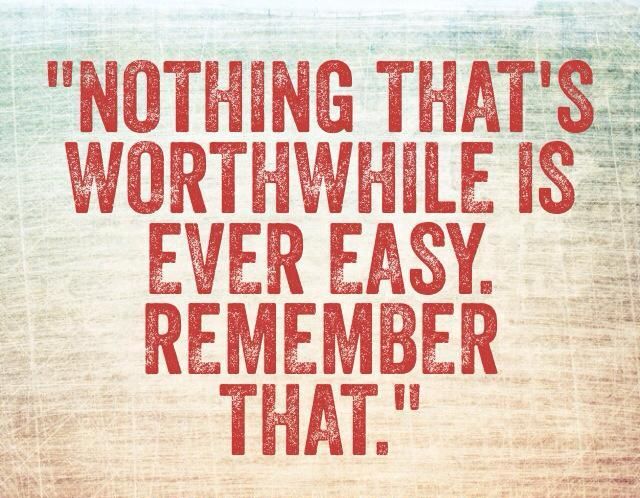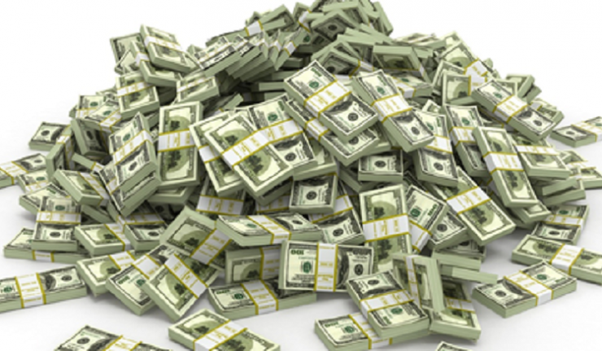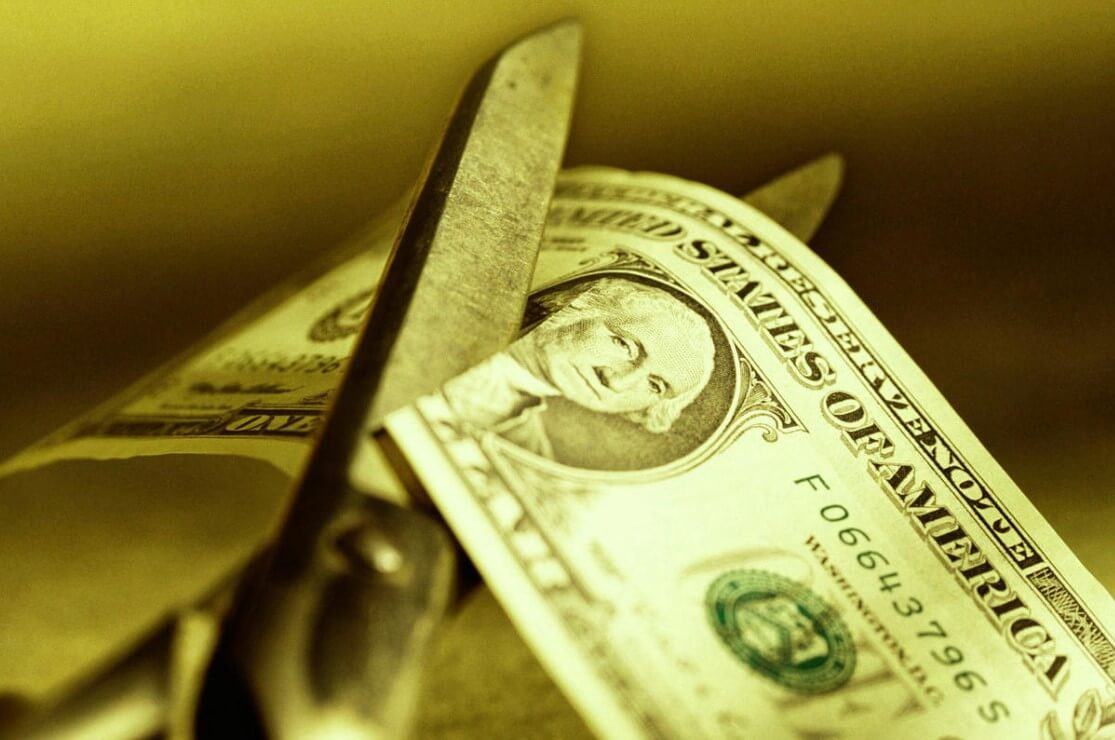How much can I make trading forex? This is a question that you hear quite a lot being thrown around or asked in various trading communities. The problem is that there isn’t a set answer for it. Forex is one of the most popular forms of trading and also one of the most profitable, most likely the reason why it became the most popular method in the first place. Forex trading takes place during the week, 24 hours a day which gives you a lot of opportunities to make some money. If you are here then you most likely know a little about the forex markets and how it works, but many simply just want to know how much they could potentially make, and so we are going to be looking into this, to try and work out what sorts of profits you will be able to bring in.
The problem is that there isn’t a simple answer. In fact, there are countless factors that will affect the amount of potential profits that you can make. Things like your account size, the risk management that you have in place, your trading strategy, and how much time that you have available to trade, these variables are different for each and every trader, so one answer won’t be the same for them all. There are no guarantees when it comes to profits, there are possibilities and probabilities, things that you need to take into consideration that will help to dictate how much you can make or more importantly, how much you can safely make. You also need to understand that you won’t make the same profits each month, it is variable, so you may be a profitable one, in a loss the next, or make $1000 one month and $3000 the next, there is no set income, all we can do is try to maximise the opportunities for profits.
Education
Have you ever tried to do something that people consider to be quite complicated and then get it perfect the first time? Probably not if you have, then there was most likely an element of luck involved in it. It is incredibly hard or in some cases completely impossible to make a successful career out of something that you understand very little of. You wouldn’t start installing a new boiler into your house if you had no idea about gas or water plumbing, it would most likely end in disaster if you did. The exact same thing can be said for forex trading, if you jump in with very little to no knowledge, then it will only end up as a disaster with you losing whatever money you had put in. It has happened to many people before and will continue to any other person that tries.
The forex markets are one of the most complex things to look at, with many different factors taking effect and influencing h movements, some within your control, but many more out of it. There are also a large number of ways that you are able to educate yourself about the markets and how they work. One of the most popular methods is by trial and error, it is, however, also one of the most costly, as each mistake has the potential to cost you money (unless you are sensible and using a demo account of course). This method involves you doing things, making trades, and then looking at the results, working out what worked and what did not, altering something, and trying again. It is easy to do but can take a booking time to master any form of trading this way, simply because you will be constantly making mistakes and adapting over a very long period of time.
There are also a number of different online learning platforms, websites that offer insights, information, and learning materials that you can use. Some of these sites are free and are a fantastic resource, giving you the basics of trading plus some ideas on different trading styles and strategies, well worth taking a look at, especially if you are not yet ready to jump in and make some actual trades. There are also paid websites, these often offer greater depth as well as some personal training, you must be wary of these sites though, they are often hidden behind a paywall with all sorts of marketing on top to make you want to jump in. Get some genuine reviews before you do, but if you find a good one, the amount of knowledge and information that you can get from them can really help to boost your initial trading knowledge.
There are also a number of different trading communities out there, these are places where different kinds of traders come to discuss their trades, their ideas, and what is going on within the forex markets. These are often fantastic places to receive feedback on your ideas, as well as to understand others’ viewpoints, which can give you a better insight into the markets and a viewpoint that you may not have otherwise considered. You need to remember though, that often the members of these sites are not experts and the majority are most likely in the same position as you, so use if your information and ideas, but do not consider what people say to be gospel.
Regardless of how you get your information, if you want to be a successful forex trader and to actually make a profit, you need to indulge yourself in information, you will never stop learning throughout your career, but the most vital point of education is the start, get a basic understanding before you trade, then build on that foundation as you go.
Discipline and Patience
Discipline and patience are probably two of the most vital traits that you can have as a trader and without them, you will be led down a road of bad trades and ultimately losses. Once you have gained some education and worked out a trading strategy, you would think that it would be a good idea to stick to what you have. Yet so many traders seem to forget this, an idea comes up in their head or they see someone is doing something and so they do that instead, going against what it is that they have been working towards, this ends up with a loss and another ross, not sticking to your plan is vital to your success.
Being patient and being disciplined allows you to wait for the correct moments to trade, sometimes there just aren’t opportunities, and if you want to make as much money as possible then you need to only take the opportunities that match what you have learned and what you strategy details, not doing this will lead to losses and ultimately will cause you to make less money or even a loss.
Starting Balance
Much like anything in the world, you need to have money in order to make money, the more you have the more you can make, it really is that simple, of course, you need to continue to use what we have mentioned above too. The higher your starting balance, the larger trade sixes you can make which will then lead to higher profits with each trade. If you start with an account balance of $100 then you won’t be able to make $1,000 a month, however, if your balance is $10,000 then it will be far easier and far more likely that you will be able to make $1,000 a month. Once your balance begins to grow, compounding will take effect and your profits will increase. However, it is important to remember that even with a large balance, you can still make very little or even a loss each month, so there is no guarantee that a large balance means large profits.
So the bottom line is that we are not able to accurately predict or guess how much you can make each month, it all comes down to the work that you put in, what you learn, your discipline, and how much you start your account with. If you are prepared to put in the work, to learn all that you can, to stay disciplined then you can certainly make a profit and become a profitable trader, however, we still can’t comment on exactly how much, that will be down to the work and the time that you put in.








 No confidence in the trading plan: If someone has created a trading plan but does not actually have any confidence in it, this can cause them to double guess the choices that have been made and the levels that have been set, this can cause them to cut their profits just to get out of a trade. You should not be trading on a plan that you are not confident in, if you are not confident then work on it, work out why you are not and then fix that issue before reading on a live account. Only trade a system that you know you are confident and that you can leave alone to do its thing.
No confidence in the trading plan: If someone has created a trading plan but does not actually have any confidence in it, this can cause them to double guess the choices that have been made and the levels that have been set, this can cause them to cut their profits just to get out of a trade. You should not be trading on a plan that you are not confident in, if you are not confident then work on it, work out why you are not and then fix that issue before reading on a live account. Only trade a system that you know you are confident and that you can leave alone to do its thing.